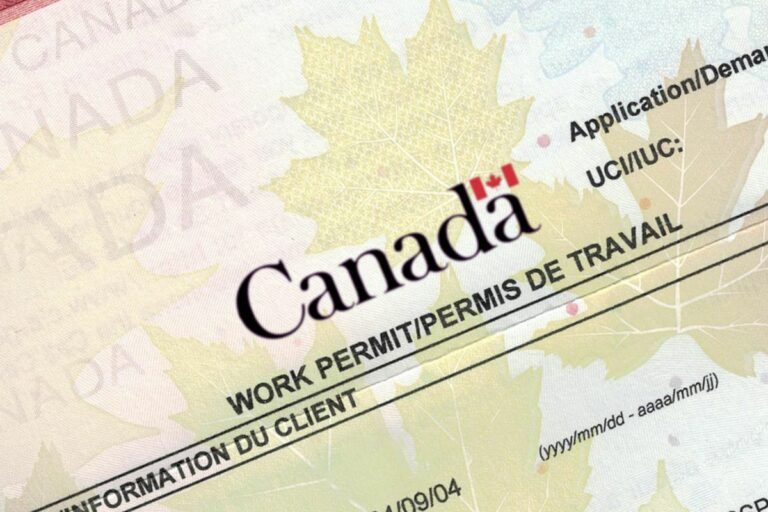
Working more than 20 hours per week as an international student in Canada can seem impossible with recent changes. But fear not! Explore legal options like on-campus employment, research assistantships, and strategic use of breaks to boost your income and achieve your financial goals.

Canada will increase off-campus work hours for international students to 24 per week, starting in Fall 2024. Learn the new rules, eligibility requirements, and other recent changes to Canada's international student program.

International students in Canada can rejoice! Starting September 2024, they will be allowed to work off-campus for up to 24 hours per week. This increase from the previous 20-hour limit provides more flexibility and earning opportunities.

Thinking of working in Canada but don't have a work permit? Don't fret! This comprehensive guide explores 22 exceptions that allow foreign nationals to work legally in Canada without a permit.

International students in Canada, take note! There are important updates to post-graduation work permit (PGWP) eligibility. This article explains the changes, explores alternative work permit options, and details Canada's cap on international student permits.

New regulations from Immigration, Refugees and Citizenship Canada (IRCC) affect the eligibility of spouses and partners of international students for a Spousal Open Work Permit (SOWP). This article explores the changes and what they mean for international students in Canada.

Embark on a journey towards temporary employment in Canada with our detailed guide. From coveted STEM positions to crucial roles in healthcare, learn about the in-demand occupations shaping the Canadian job market. Navigate the Express Entry process and uncover the eligibility criteria for a successful work visa application.

The REP program's expansion covers everything from tech wizards to healthcare heroes, making it easier than ever to find the perfect fit. Dive in and discover how your business can thrive with this exciting new talent pool.

Explore the groundbreaking Recognized Employer Pilot (REP), a 3-year venture unfolding in two phases. Commencing from September 12, 2023, we are now accepting applications for Phase 1 positions, with Phase 2 applications set to open in January 2024.

Live and work in Canada for up to 2 years! The International Experience Canada (IEC) program opens its doors to young people from 30 countries for an unforgettable adventure. Earn money, gain valuable experience, and explore breathtaking landscapes with this work and travel program. Check if your country is eligible and start planning your Canadian dream today!











